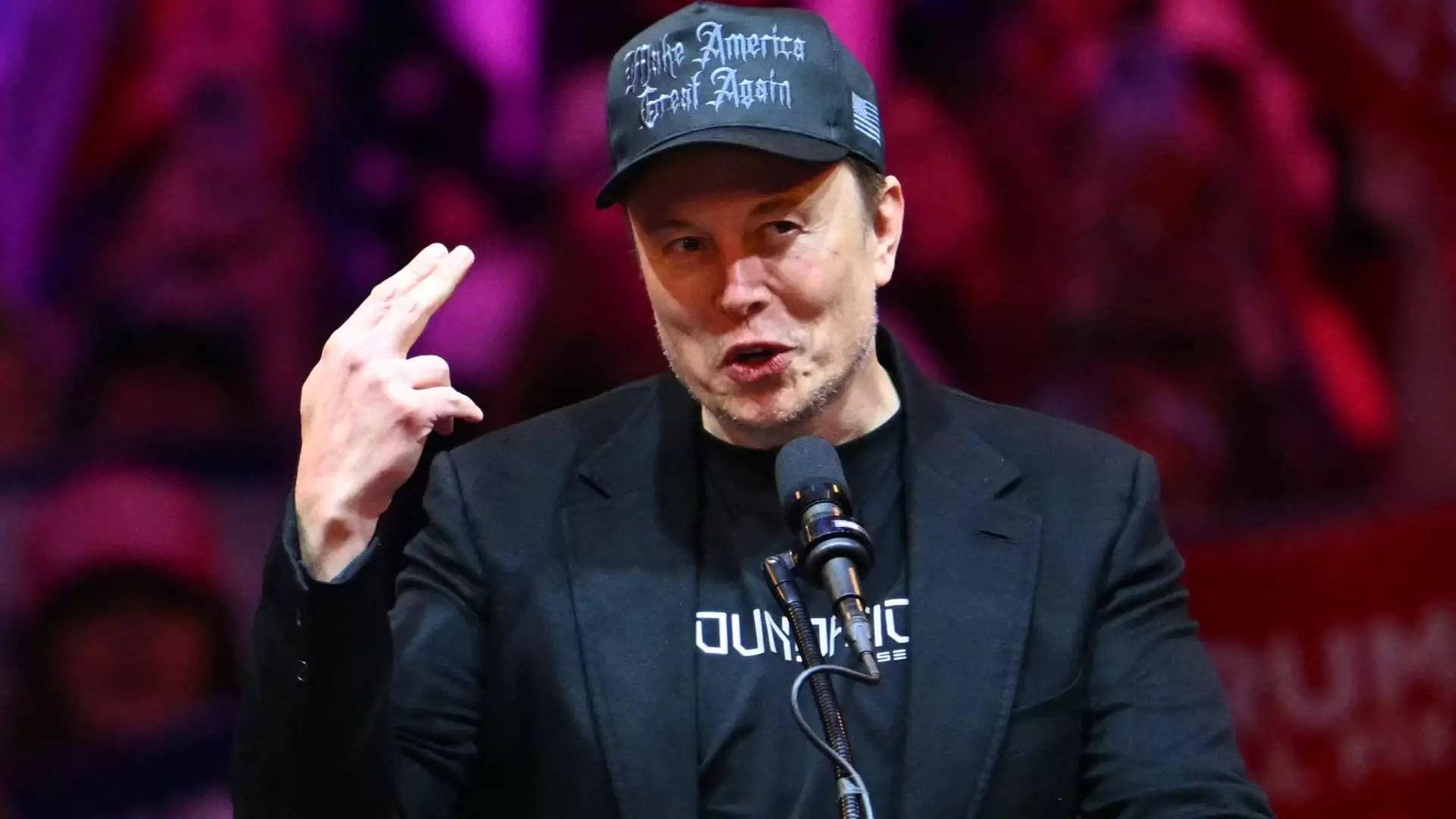As the political landscape heats up ahead of the 2024 presidential election, former President Donald Trump’s economic proposals have ignited a complex debate among economists, political analysts, and influential figures within the business community. Trump’s advisors and backers, including high-profile individuals like Tesla CEO Elon Musk, have acknowledged that his economic strategies, particularly regarding tariffs, may result in immediate price hikes for consumers. However, they argue that any short-term pain is a necessary trade-off for long-term economic benefits. This paradox presents a challenging narrative for both Trump’s campaign and its opponents.
The Tariff Conundrum and its Implications
At the center of the controversy is Trump’s plan to implement universal tariffs on imports, especially targeting products from China. Economists have voiced concerns that such tariffs could ignite inflation and exacerbate the federal deficit, akin to a “Trump sales tax,” as Vice President Kamala Harris claims. This notion resonates widely, resonating particularly when prominent economic figures like Howard Lutnick, CEO of Cantor Fitzgerald, openly admit that increasing tariffs will inevitably raise consumer prices.
Lutnick’s assertion that higher tariffs would lead consumers to pivot towards domestic products is partially true. However, it ignores the glaring reality that the U.S. lacks the capacity to produce certain goods locally, forcing consumers to absorb the additional costs. This conflict raises the question of whether tariffs can genuinely stimulate a robust domestic market or if they merely reflect an illusion of economic independence while inflicting financial strain on consumers.
Rhetoric of Pain vs. Gain
Trump’s running mate, Senator JD Vance, has also entered the conversation by suggesting that any financial burden should be viewed in the context of higher wages, making the consumer pain worthwhile. This rhetoric attempts to frame Trump’s policies as a calculated risk—a gamble for the greater good of the economy. Nevertheless, it risks oversimplifying the complex interactions that define a modern economy, where immediate consumer reactions are often not aligned with long-term projections.
As discussions unfold within the Trump camp, there appears to be an increasingly sophisticated tactic at play: downplaying the ramifications of short-term price spikes to promote the idea of eventual economic resurgence. The message shifts the narrative from immediate fiscal inconvenience to potential future prosperity, though the actual outcomes remain uncertain.
The contrasting views among economists are telling, with independent analysts warning against the dangers of such populist economic policies while Trump’s allies propagate a message of resilience. Musk’s endorsement of a social media post that warns of a potential “severe overreaction in the economy” solidifies a sentiment of caution even from staunch supporters of Trump. This acknowledgement of volatility suggests an understanding that while the allure of proposed economic policies may be potent, the execution could unravel into unforeseen consequences.
Meanwhile, the Biden administration, propelled by economic narratives of stability and growth, takes advantage of these unfolding debates to foster a sense of reliability and consistency in its policies. The current administration paints Trump’s proposals as a regression into policies that have historically led to economic instability rather than progress.
As the election season approaches, the dialogue surrounding Trump’s economic strategies highlights a pivotal crossroads for both the Republican and Democratic parties. The authenticity, effectiveness, and potential repercussions of proposed policies will likely dominate discussions, shaping voter decisions. The stark contrast between immediate financial impact and envisioned future gains is a narrative ripe for exploration as voters weigh their choices at the ballot.
Ultimately, the implications of Trump’s policies extend beyond mere economics; they cross into the realm of broader societal perspectives on what constitutes a viable economic strategy. The push and pull between the ideologies of free trade and protectionism illuminate an ongoing struggle within American economic thought, one that will continue to resonate long after the votes are tallied in 2024.

Leave a Reply